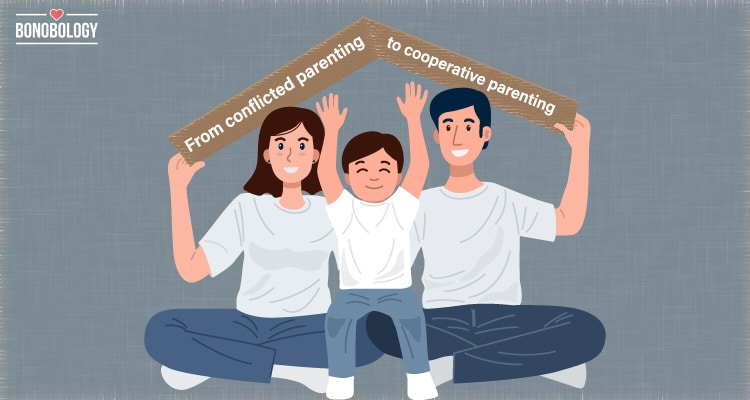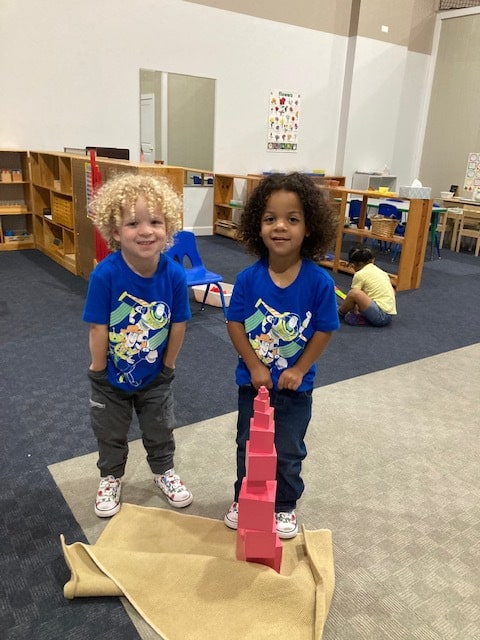
Navigating Divorce with Respect and Care
Divorce is a challenging time for any family, especially when children are involved. However, with the right approach, it can also be an opportunity to model cooperation, respect, and care. Cooperative parenting after divorce is all about putting the needs of the children first, and working together to create a positive environment for their growth and well-being.
Strategies for Successful Co-Parenting
Effective co-parenting requires clear communication, mutual respect, and a willingness to collaborate. One key strategy is to establish a detailed parenting plan that outlines responsibilities, schedules, and decision-making processes. This plan can serve as a roadmap for both parents, helping to minimize conflicts and confusion.
Building a Cooperative Parenting Plan
Creating a cooperative parenting plan involves thoughtful consideration of the children’s needs and schedules. It should include arrangements for visitation, holidays, vacations, and important events. By working together to develop this plan, both parents can feel empowered and invested in their children’s lives.
Supporting Children Through Divorce
One of the most important aspects of cooperative parenting is providing emotional support for the children during this transition. It’s crucial to reassure them that they are loved, and that the divorce is not their fault. Encouraging open communication and being available to answer their questions can help ease their fears and anxieties.
Nurturing Children Through Change
Children thrive on stability and routine, especially during times of change. As co-parents, it’s important to maintain consistency in rules, discipline, and expectations across both households. This helps children feel secure and know what to expect, no matter where they are staying.
Fostering Positive Communication
Effective communication is the cornerstone of cooperative parenting. This means keeping discussions focused on the children and their needs, rather than rehashing past conflicts. Using respectful language, active listening, and compromise can go a long way in fostering a positive co-parenting relationship.
Creating a Unified Front
Even though parents may no longer be together romantically, they are still a team when it comes to raising their children. Presenting a united front on important issues such as discipline, education, and health care shows children that both parents are on the same page, and helps prevent confusion or manipulation.
Seeking Support and Guidance
Navigating the waters of cooperative parenting after divorce can be challenging, and it’s okay to seek outside support. Family therapists, divorce coaches, or support groups can provide valuable guidance and resources for co-parents. Remember, it’s a learning process, and it’s okay to ask for help along the way.
Modeling Healthy Relationships
Perhaps one of the greatest gifts parents can give their children during and after divorce is the example of a healthy, respectful relationship. By demonstrating cooperation, compromise, and empathy, parents show their children how to navigate challenges with grace and resilience.
Thriving Post-Divorce: A Shared Journey
Ultimately, cooperative parenting after divorce is about focusing on the well-being and happiness of the children. It’s a shared journey between two parents who may have different paths, but share the same destination: providing a loving, stable, and nurturing environment for their children to grow and thrive.
Embracing the Future Together
As co-parents, the journey doesn’t end with divorce—it’s a lifelong commitment to supporting and nurturing the children you both love. By embracing the future together, with respect and care, you can create a positive and fulfilling family dynamic that allows everyone to thrive. Read more about cooperative parenting and divorce




